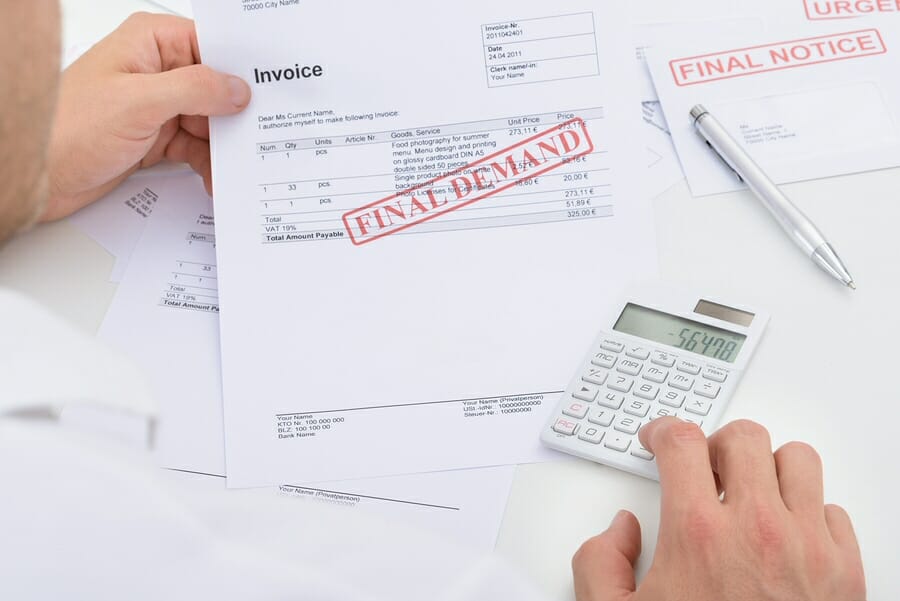Navigating the world of debt collection can feel like walking a tightrope. For many, the prospect of dealing with persistent creditors or unexpected legal threats is overwhelming.
You may find yourself wrestling with a fundamental question: Do I need a debt collection attorney? The answer, though not one-size-fits-all, hinges on various factors. From the size of your debt to the complexity of your case, making this decision requires careful consideration.
In this article, we will explore the essential aspects that can help you determine whether enlisting the expertise of a debt collection attorney is the right choice for your unique situation. Join us as we dissect the intricacies of debt collection, shedding light on when legal assistance can be a game-changer and when you might find solace in navigating the process alone.
What Does a Debt Collection Attorney Do?

A Texas collections lawyer plays a crucial role in navigating the often tumultuous waters of unpaid debts. When creditors find themselves struggling to recover what they are owed, these legal professionals step in with an arsenal of strategies designed to reclaim outstanding balances.
They handle a variety of tasks, from drafting and sending demand letters to negotiating payment plans that are agreeable to both parties. Additionally, should matters escalate to litigation, the attorney will represent the creditor in court, presenting a compelling case backed by evidence.
This might involve filing lawsuits, preparing legal documentation, and attending hearings—all while ensuring compliance with federal and state laws that govern debt collection practices. In essence, a Texas collections lawyer is a vital partner in the pursuit of financial recovery, equipped with the expertise to tackle the complexities of the legal landscape surrounding debt.
When You Might Not Need an Attorney
.jpg)
There are certain situations where hiring a debt collection attorney may not be necessary, and understanding these scenarios can save you both time and money. If your debt is relatively small—say, a few hundred dollars—you might find that negotiating directly with the creditor or collection agency proves more efficient.
Many creditors are willing to work with you on payment plans or settlements, especially if you approach them proactively. Additionally, if you’re dealing with a single collection account without the complexity of legal disputes or threats of litigation, it might be more straightforward to manage the situation on your own.
In such cases, familiarizing yourself with your rights under the Fair Debt Collection Practices Act can empower you to address potential harassment or unfair practices without needing legal representation. Ultimately, taking these factors into account can help you make an informed decision about whether the added expense of an attorney is truly warranted.
How to Choose the Right Debt Collection Attorney

Choosing the right debt collection attorney is a pivotal step that can significantly impact the outcome of your financial recovery. Start by assessing the attorneys experience specifically in debt collection; this niche expertise can make all the difference.
Look for someone who has a proven track record in handling cases similar to yours. Don’t shy away from asking for references or client testimonials; these insights can illuminate the attorney’s reliability and effectiveness.
Additionally, consider their fee structure—some may charge a flat rate, while others operate on a contingency basis, meaning they only get paid if you win. Equally important is the attorneys communication style; you want someone who is approachable and responsive, ready to guide you through the legal labyrinth with clarity and confidence.
Ultimately, trusting your instincts about who feels like the right fit can be just as crucial as their credentials; after all, a successful partnership in this endeavor hinges on mutual understanding and respect.
Conclusion
In conclusion, determining whether you need a debt collection attorney is an important decision that can significantly impact your financial situation. Weighing the complexities of your case, the amount of debt involved, and your capacity to manage negotiations on your own is crucial.
If the situation becomes overwhelming or if you face potential legal ramifications, enlisting the help of a qualified professional, such as a Texas collections lawyer, can provide the expertise and support necessary to navigate the process effectively. Ultimately, seeking legal counsel can empower you to make informed choices and reclaim control over your financial future.


